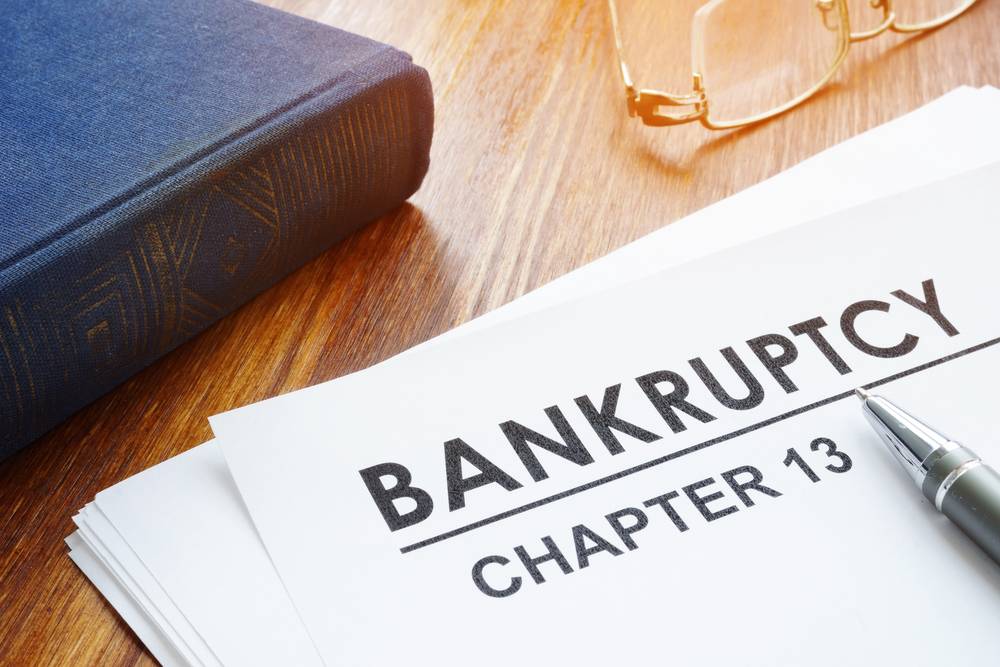When you’re considering Chapter 13 bankruptcy, you’re also wondering how much of your debt you’d be obligated to pay back. Plus, you need to know how much time and paperwork it will take. Let’s take a look at a debtor’s obligations under Chapter 13 bankruptcy. This could be an excellent choice for you, depending on your situation.
What Is A Chapter 13 Bankruptcy Plan?
Chapter 13, also known as personal reorganization bankruptcy, helps you create an affordable repayment plan to settle your debts. You won’t have to repay all of your debts in full but your plan will satisfy your creditors one way or another. In the meantime, they are restricted from hassling and contacting you. A Chapter 13 can help you get caught up on houses and cars, help you hang onto property that might be taken and liquidated in a Chapter 7 case, and help people with debts that are not eligible for a Chapter 7 bankruptcy for one reason or another.
What Kind of Paperwork Will I Have to File?
Under Chapter 13, you are obligated to file forms, provide documents and share information the court will need to process your case. This includes filing a petition for Chapter 13 bankruptcy and providing a list of all sources of income, your debts and creditor contact information, your property and belongings, and your monthly bills. The court will also require you to prove you have attended credit counseling and received a certificate of completion. You’ll need to share your recent tax returns and show that you have filed your taxes with the IRS for the past four years. There will also be some attorney fees and a bankruptcy filing fee.
What Are My Other Obligations Under Chapter 13?
When your Chapter 13 plan goes into effect, you are obligated to start making payments to a person called the Chapter 13 Trustee. You begin making your scheduled payments 30 days of filing. Your payments can be made through payroll deduction. Each of your monthly or bi-monthly payments will be distributed in priority order, starting with your trustee’s and attorney’s fees, followed by your high-priority debts like child support and back taxes, then your secured debts like your mortgage and car loans, and, finally, your unsecured debts. If you fail to follow your Chapter 13 plan and get too far behind, the court can dismiss your bankruptcy.
\What Am I Obligated to Pay in My Chapter 13 Plan?
What each person/couple pay into a Chapter 13 Plan is highly variable. There are debts that have to be paid such as priority tax claims. There are debts that might be paid inside a plan or outside a plan depending on your situation like mortgages or car loans. There are also unsecured debts like credit cards, medical bills, repossessions, and past evictions that get paid what the law states they are entitled to under an asset-based test and an income-based test. In many cases, the unsecured debts receive pennies on the dollar and then are discharged at the end of a plan.
How Long Will I Be Obligated Under the Chapter 13 Plan?
A Chapter 13 bankruptcy plan lasts between three and five years. Under an income-based test, if your household’s monthly income in the six months before filing exceeds your state’s median income, you must use a five-year plan. If your income is equal to or less than your state’s median income, you qualify for a three-year plan. Either way, Chapter 13 will help you settle your debts and move on much faster than if you never filed. Bankruptcy provides a responsible route to stabilizing your finances and finally clearing away a mountain of debt.
Sawin & Shea – Indianapolis Bankruptcy Attorneys
Filing for bankruptcy is not the end. It’s the beginning of a new financial life for you. The Indiana bankruptcy attorneys at Sawin & Shea can help you get rid of the overwhelming debt and advise you on life after bankruptcy. We are here for you during this life-changing process. Please do not hesitate to call us today at 317-759-1483 or send an email for a free consultation. We are ready to help.



